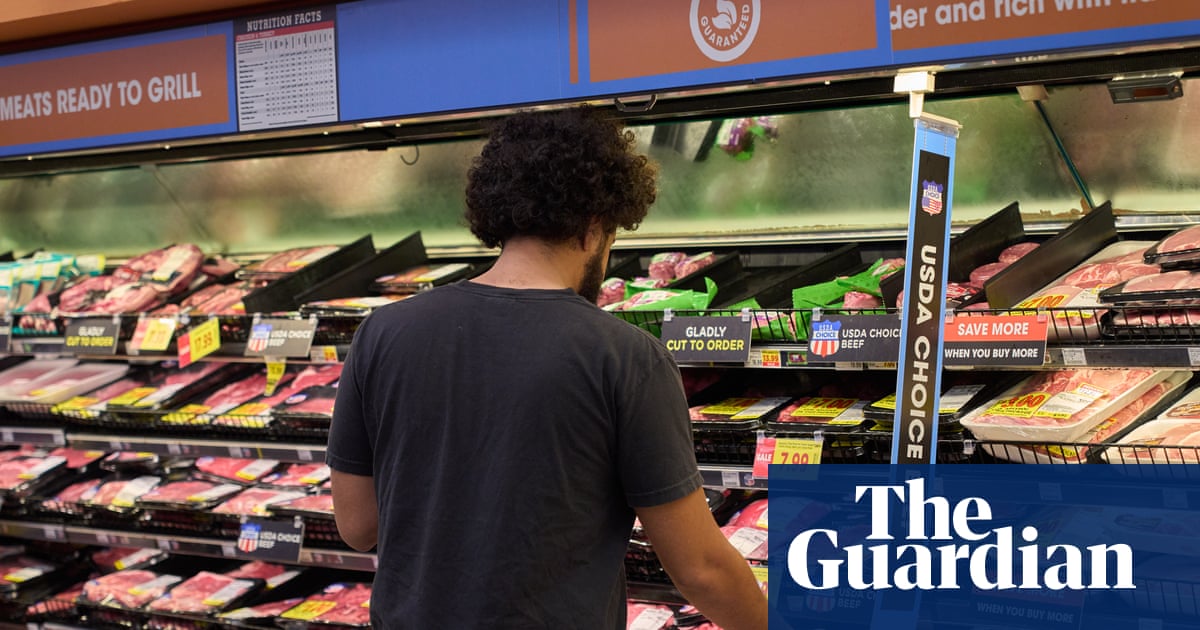Jaguar Land Rover's £2 Billion Cyberattack Crisis: Will They Survive?

In a shocking turn of events that has left the automotive world holding its breath, Jaguar Land Rover (JLR), the UK’s largest car manufacturer, is grappling with the aftermath of a crippling cyberattack. This incident has prompted the Tata Group-owned company to scramble for £2 billion in emergency funding from global banks, highlighting the fragility of modern enterprises in the face of digital threats.
The attack, which hit in late August, forced JLR to completely shut down its operations, bringing factories in the UK, Slovakia, Brazil, and even India to a standstill. The situation has been so dire that production is expected to remain halted until at least October 1, leading to a potential revenue loss exceeding £3.5 billion. That's not pocket change; it dwarfs JLR’s entire net profit of £1.8 billion for the upcoming financial year!
In response, at least three major banking partners—Standard Chartered, Citi, and MUFG—have stepped up to support JLR with urgent credit lines. The UK government is also throwing its weight behind the beleaguered company, announcing a guarantee on a £1.5 billion loan from a consortium led by HSBC. This support is crucial for assuaging fears among suppliers, many of whom are on the brink of bankruptcy due to the revenue drought caused by the cyberattack.
As production halts threaten to ripple through the supply chain, JLR is facing a significant threat to its reputation and financial stability. The company employs 30,000 people directly and supports an additional 100,000 through suppliers, underscoring the potential human cost of this crisis. The hacking group known as Scattered Lapsus$ Hunters claimed responsibility for the cyberattack, reportedly costing JLR around £50 million each week in lost production.
Though the shutdown was initially projected to last until September 24, it has now been extended, creating increasing uncertainty in the automotive landscape. JLR had been enjoying a successful turnaround under Tata, posting profits for 11 consecutive quarters, but the current situation has raised alarm about the company's long-term viability.
In the midst of these troubles, Tata Motors has been leading negotiations for recovery, though it remains unclear whether the parent company will offer formal guarantees for the credit lines. Meanwhile, some creative solutions are being explored, including a scheme where the UK government might purchase car parts from struggling suppliers, later selling them back to JLR.
As we watch this gripping saga unfold, one thing is clear: the digital age brings with it not just innovation but also unprecedented risks. Can JLR navigate this storm and emerge stronger, or will this cyberattack be the beginning of the end for Britain’s iconic automotive brand?



























